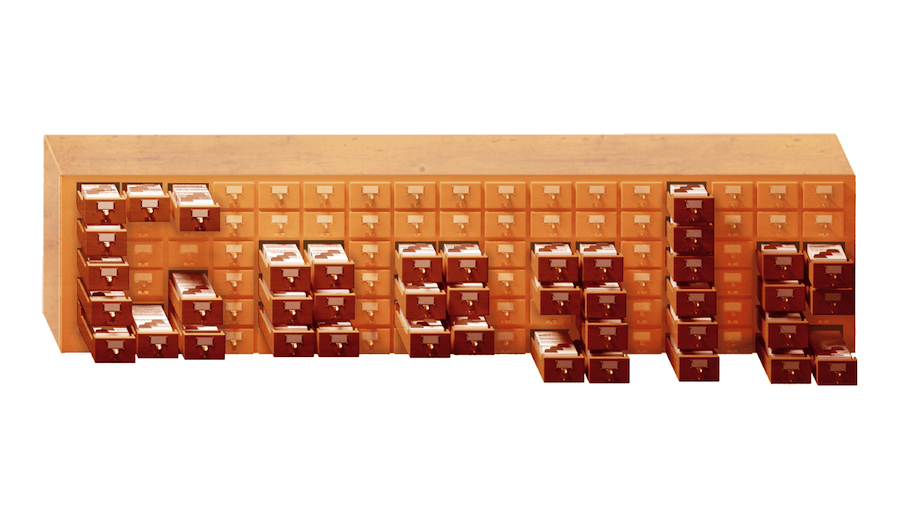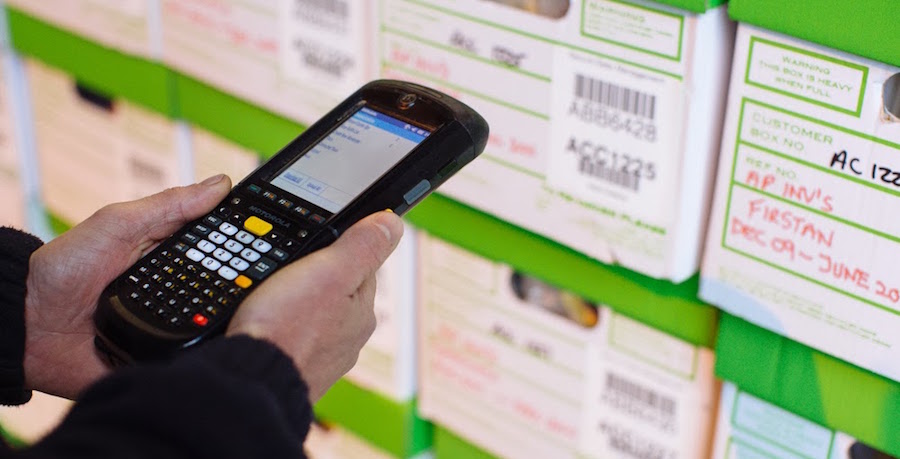In every office there will be an individual, or perhaps individuals, who will be responsible for record keeping and management. This role is not limited to only the organisation of an office’s records and in fact information and records management encompasses far more than this. A record manager will also be responsible for the following:
- The Storage of Records
- The Destruction and Recycling of Records
- The Accessibility of Records
- The Security of Records
- The Indexing of Records
A record manager’s job is to fulfil each of these duties on a regular basis in order to keep day to day operations ticking over. A record manager must be vigilant at all times when undertaking these duties, as failure to do so could cause the entire record management system to collapse. Not only does a record manager have to understand their own role, but they are also responsible for making sure other employees fully understand the RIM system.
Monitor Costs
A record manager must carry out all of these duties with financial considerations in mind. They must try to create a more efficient but also cost-effective record management system. For example, in many offices administrators are opting to scan their records in order to save money on storing physical documents. A record manager may choose to send files offsite in order to reduce the costs associated with storing documents onsite.
There are many innovative methods a record manager can employ to reduce costs and it is up to them to source cost-cutting solutions that suit their businesses’ needs best.
Outsource Services
A record manager must also decide whether outside help is required in order for their record management system to work effectively. Being responsible for a businesses’ archives can be an overwhelming task and so a record manager may wish to consider reaching out to a record management company for assistance. It may be the case that a record manager feels only parts of their RIM programme require extra help. For example, many businesses use an offsite record management provider for help with the destruction, storage or digitization of records, but not necessarily all at the same time.
Green Initiatives
The way in which a business chooses to manage its’ records should be reflective of its ethics and priorities. Many businesses are now prioritising the implementation of environmentally friendly practices in their workplaces. A record manager working in an eco friendly office will thus be expected to create a document management programme that promotes green values. Being green isn’t just good for the planet, the government now offers tax cuts to those businesses who are willing to go the extra green mile.
Data Disposal
One of the most important tasks a record manager will have to carry out is the disposal of documents. Documents should be disposed of according to their retention deadlines. A record manager therefore must also be familiar with the legal restrictions that determine how long documents should be kept for. It also their job to make sure all employees follow these restrictions, which is no easy task in a busy office environment.
The organisation involved in creating an efficient document disposal system can be burdensome, especially since the average office employee can use up to 50 sheets of paper in a single day. Every document, whether it contains confidential information or not, needs to be disposed of securely. It is not surprising then that record managers often choose to use the services of an offsite record disposal firm.
Conclusion
Above all a record manager must know an organisation’s data archives inside out. They must know the information processes of a business better than any other employee. They will have to have enough expertise to advise and direct their colleagues, whilst also be able to negotiate with third party record management vendors and clients. Records management jobs are an essential role in larger businesses.











